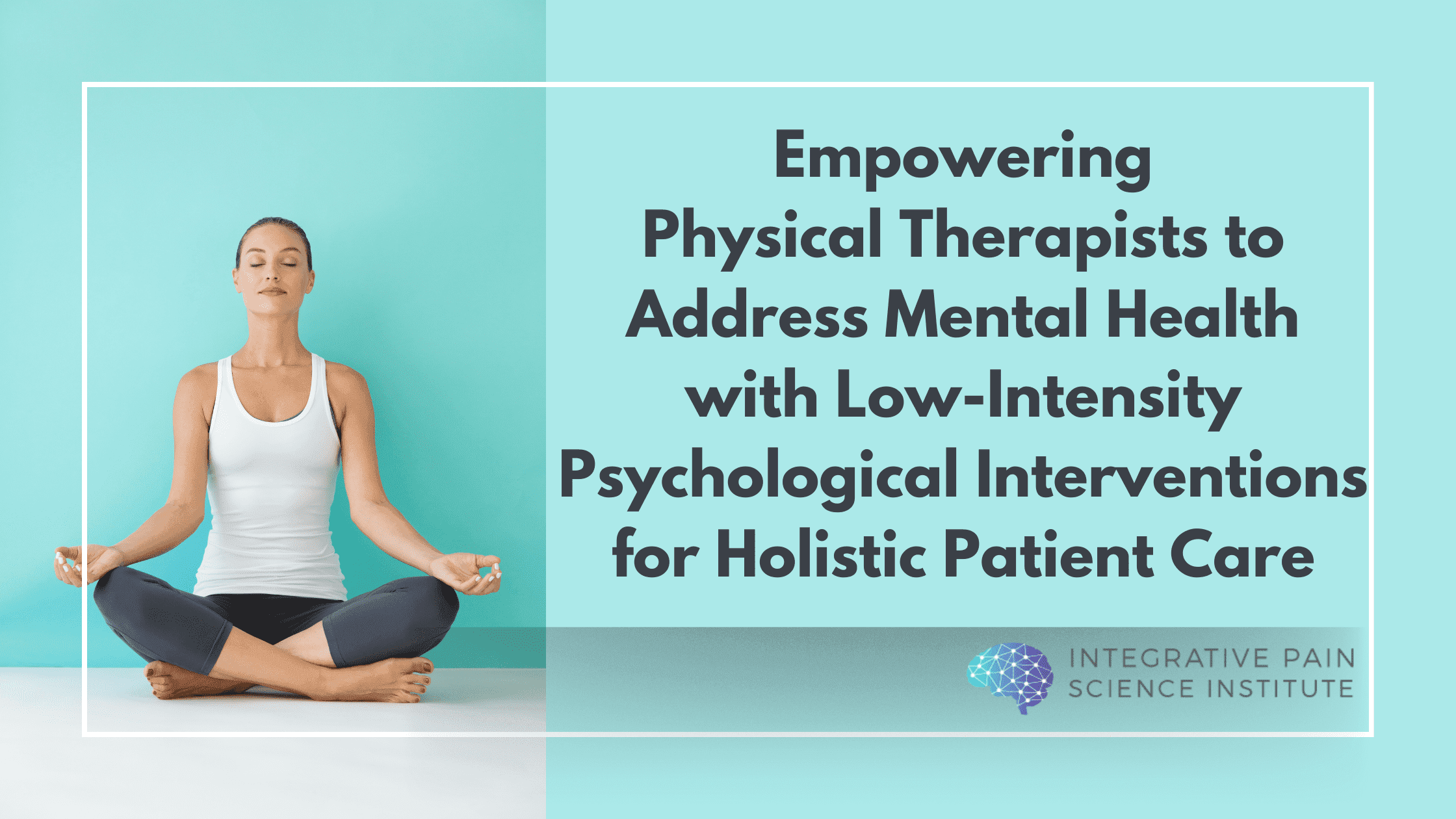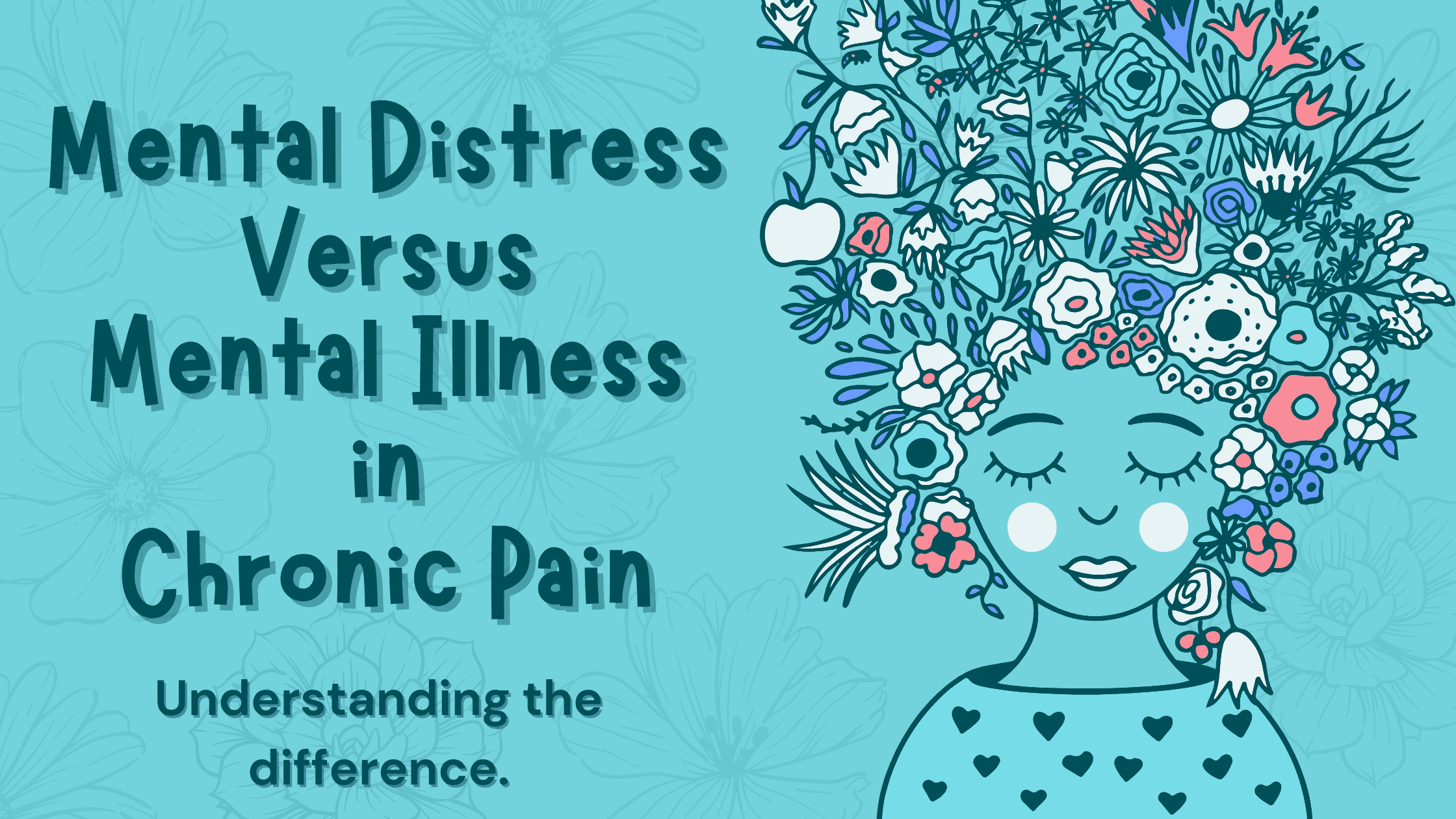If you’ve been dealing with chronic, unexplained aches and pains in your muscles, tendons, or joints, you may relate to TV ads of fibromyalgia sufferers gripping their tender points in agony.
Yet, the pain that’s often attributed to fibromyalgia may not be fibromyalgia after all. Instead, the pain may be a symptom – or a manifestation – of undiagnosed or under-treated hypothyroidism. Once the thyroid disorder is addressed, the pain often disappears.
What is Fibromyalgia and how is it diagnosed?
There is no official test for fibromyalgia, so a diagnosis is often made based on a cluster of symptoms, including:
- specific tender points
- disturbed sleep
- fatigue
- depression
- digestive problems
Without conclusive testing for fibromyalgia, the diagnosis may sometimes stop people from getting to the root cause of their pain and fatigue.
What is Hypothyroidism and how is it diagnosed?
Hypothyroidism refers to inadequate production of thyroid hormone, or resistance to thyroid hormone. The most common symptoms of hypothyroidism are:
- weight gain
- constipation
- intolerance to cold
- abnormal cholesterol levels
- depression
- fatigue
- hair loss
- dry skin
- low libido
Conventionally, a diagnosis is made based on levels of TSH (thyroid stimulating hormone). Yet TSH alone does not give a complete picture of thyroid health, which can lead to a missed diagnosis of hypothyroidism.
More complete testing should include, in addition to TSH:
- thyroid antibodies
- free T3
- free T4
- reverse T3
The American Thyroid Association estimates that in the US, one woman in eight will develop a thyroid disorder in her lifetime (women are five to eight times more likely to develop thyroid problems than men).
How does Hypothyroidism create musculoskeletal pain?
In some cases, hypothyroidism can create swelling of the muscles or membranes that press on nerves, resulting in:
- general cramping and weakness
- joint pain, achiness, and stiffness
- tendonitis (inflammation of the tendons) in the arms and legs
In other cases, musculoskeletal pain can result from insufficient thyroid hormone regulation in certain tissues. This “hypometabolism” of tissues can happen in two ways:
- cellular resistance to thyroid hormone
- thyroid hormone deficiency
When the tissues have insufficient thyroid hormone regulation, fibromyalgia-like pain can develop in those areas, and patients may be diagnosed with fibromyalgia “in addition to” their thyroid disorder. But in this case, practitioners such as the late Dr. John Lowe believe that fibromyalgia is actually a symptom of the thyroid disorder – not a separate condition. Once the thyroid hormone regulation is properly addressed, the fibromyalgia resolves.
What is the hypothyroid treatment that can resolve fibromyalgia-like pain?
The most common treatment for a thyroid hormone deficiency is the prescription medication Synthroid (which happens to be the #1 prescribed drug in the US). However, many patients find that their symptoms don’t resolve or only partially resolve on Synthroid, which is T4 only. When they switch to desiccated thyroid hormone, or when they use a medication containing both T4 and T3 or T3 only, their symptoms often do resolve.
When it comes to cellular resistance to thyroid hormone – resulting in fibromyalgia-like pain – patients often need a higher dose of thyroid medication than normal precisely because of their own cellular resistance (where higher levels of the hormone are required to produce the same effect in the cell).
Some hypothyroid patients may also need to address low levels of cortisol, estrogen, progesterone, and/or iron before they can experience relief from fibro pain.
It’s important to work with a medical provider who is willing to do the appropriate functional medicine testing and find the right dosage of hormonal medications based on your circumstances and symptoms.
Yet, as you’ll see below, the choices you make about food, supplements, and lifestyle can also have an enormous impact on your thyroid health and your ability to heal your fibro pain.
What you can do to address your hypothyroidism
- The first step is of course to ensure an accurate diagnosis of your hypothyroidism, including an understanding of whether your condition is caused by autoimmunity (as in Hashimoto’s thyroiditis), or by an imbalance of nutrients (especially iodine, selenium, and l-tyrosine. (If thorough testing does not show an issue with your thyroid, your fibromyalgia-like pain could be due to other issues, such as mineral deficiencies. )
- Follow an anti-inflammatory diet rich in omega-3 fatty acids from wild-caught oily fish as well as fresh produce and healthy fats like coconut oil. These foods naturally fight inflammation and free radical damage, and they also balance your blood sugar by steadily fueling your metabolism.
- Heal your gut by consuming probiotic foods (and/or a probiotic supplement) bone broth, and nutrient-dense foods while avoiding processed foods, sugar, dairy, gluten, caffeine, and alcohol. Leaky gut (intestinal permeability) can lead to joint pain by triggering an autoimmune response and by allowing toxins to circulate in the body.
- Reduce your stress levels. While this may be easier said than done, unnaturally high cortisol levels from stress will wreck havoc on your thyroid. Yoga, meditation, and walking are excellent ways to reduce your stress. Adaptogenic herbs such as Ashwagandha can also be helpful in regulating cortisol levels.
Most importantly, keep seeking to address the root cause of your pain and fatigue. All too often, a diagnosis of fibromyalgia can cause patients to resign themselves to a life of discomfort. Whether the pain is due to hypothyroidism or another condition, it’s your body’s way of signaling an imbalance. Once balance is restored, the pain has an opportunity to resolve.
Visit www.joetatta.com to stay connected to great tips and strategies to enhance your health and wellness.
References
http://www.medscape.com/viewarticle/844317#vp_1
http://www.thyroidscience.com/studies/lowe.2006/lowe.2nd.rmr.fm.study.pdf
http://www.ncbi.nlm.nih.gov/pubmedhealth/PMH0072572/
http://www.thyroid.org/media-main/about-hypothyroidism/
http://www.ncbi.nlm.nih.gov/pubmed/24609834



